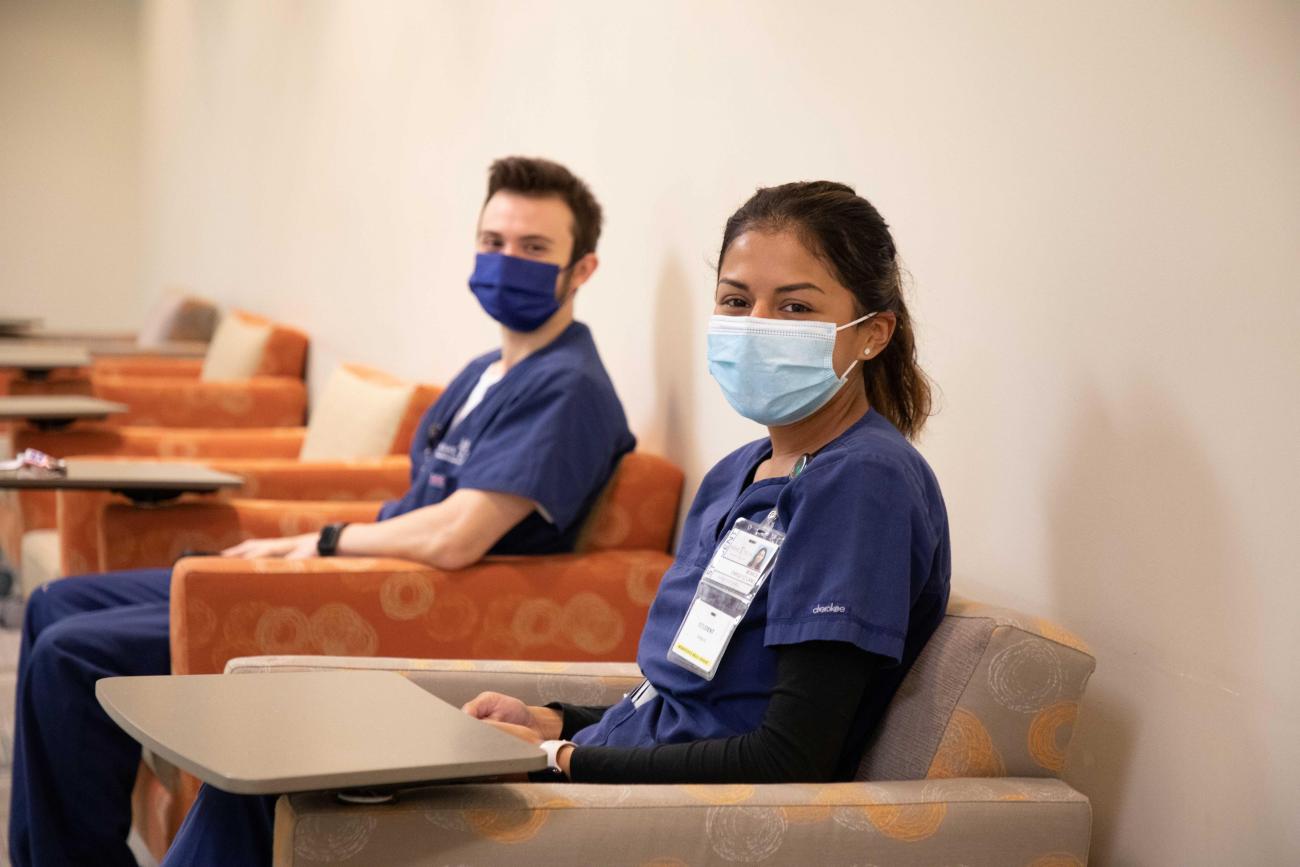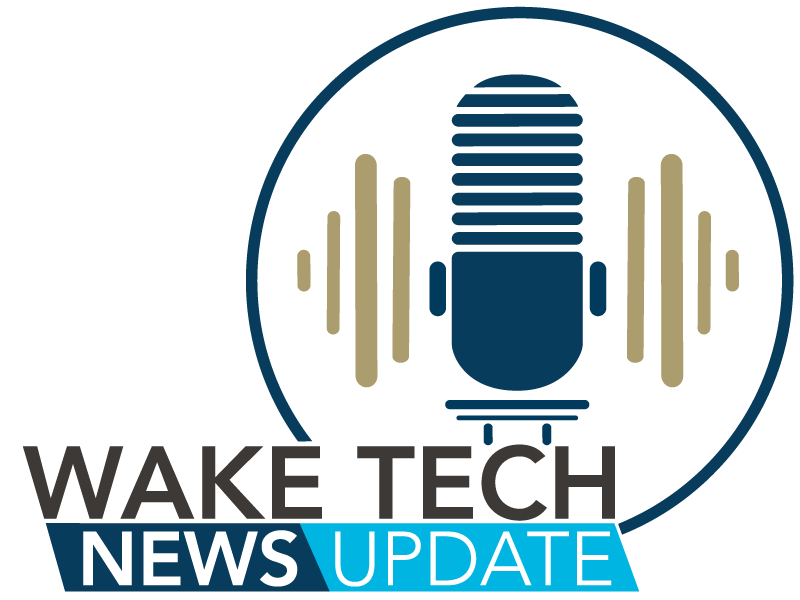Student Success
College Holds the Line on Student Access and Success Amid Pandemic

RALEIGH, N.C. (December 20, 2021) - With the sudden onset of the COVID-19 pandemic in the U.S. in March 2020 and the rapid transition of all Wake Tech’s instruction and services to virtual/online platforms, the college was concerned that student access and success would decline. Numerous national studies documented the hardships the COVID-19 pandemic placed on community college students and their ability to continue in their studies and perform well in their courses, particularly among students of color, and the early impacts these hardships were having on underserved students.
To assess the impact COVID-19 may have had on students at Wake Tech, and to understand how Wake Tech transformed its instruction and services to meet students’ needs during this time, the college began a case study at the onset of the pandemic in April 2020. Results of this study indicate that despite the additional hardships and effects presented by the COVID-19 pandemic, Wake Tech faculty and staff transformed their courses, programs and services in ways that may have buffered the impacts on students. Analyses of matched samples of student enrollment and course data before (2019) and after (2021) indicated the following:
Enrollment Impacts: Even with the more limited course offerings during the pandemic, there were not drastic declines in overall enrollment (seats) or major shifts in the demographic composition of the course seats when comparing Fall 2020 to Fall 2019 and Spring 2021 to Spring 2019.
Success and Withdrawal Rates: Online courses in Fall 2020, Spring 2021 (compared to pre-pandemic): Overall, success rates increased significantly and withdrawal rates decreased significantly, with Black/African American males and Pell Grant recipients across all three major racial ethnic categories (white/Caucasian, Black/African American, and Hispanic/Latinx) showing the greatest improvements.
Equity Gaps: Overall, rather than widening, equity gaps in performance between most majority and minority subgroups actually narrowed in the semesters during the pandemic compared to semesters before the pandemic, particularly between white/Caucasian Pell non-recipients and Black/African American Pell recipients. Notable increases in the success rate gap did occur between white/Caucasian males and Hispanic/Latinx males in Fall 2020, and in the withdrawal rate gap between white/Caucasian males and Black/African American males in Fall 2020, but by Spring 2021 these gaps narrowed.
The study also assessed the instructional and support practices enacted during the pandemic that may have helped buffer the impacts of COVID-19 on students. In surveys and interviews asking students what helped them most during the pandemic, they reported financial assistance, food assistance and technology assistance helped them stay enrolled in their courses. In-person classroom instruction, labs, or other in-person, hands-on learning opportunities, watching videos on course content that were created by students’ instructor and attending tutoring sessions with the Individualized Learning Center (ILC) were the top practices students reported as helping them learn the material in their courses, especially for Black/African American Pell recipients. Students also reported that the top course practices that helped them complete their courses during the pandemic were weekly checklists provided by their instructors, flexible due dates for assignments, flexible attendance policies, and flexibility in how students could turn in assignments. Together with the performance data, these results indicate that that the transformative changes put in place during the COVID-19 pandemic are associated with overall positive outcomes for students, and should continue and expand to further increase access and success, and close equity gaps.








